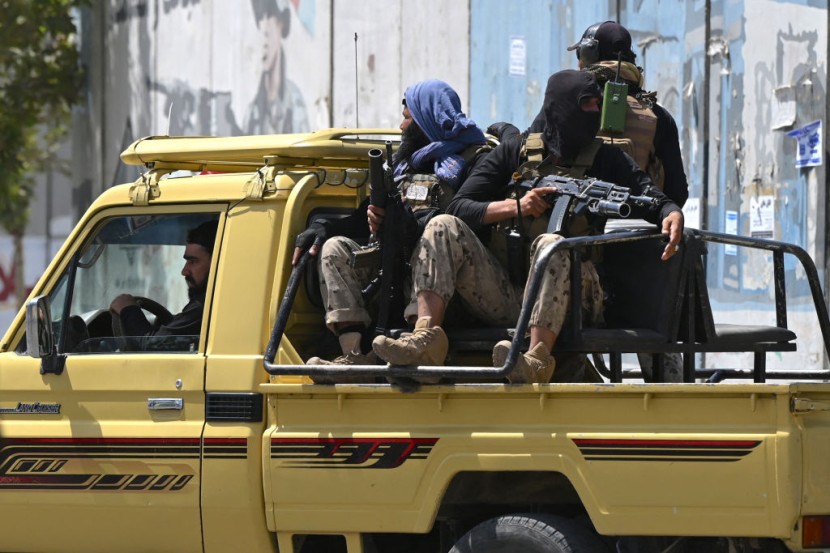
In the wake of a devastating suicide bombing at an election rally in the Bajur district, Pakistani Prime Minister Shehbaz Sharif called upon Afghanistan's Taliban rulers to take concrete actions in preventing militants from using their territory to stage attacks on Pakistani soil.
The attack, claimed by an Afghan-based branch of the Islamic State group, targeted a pro-Taliban cleric's rally, leaving 55 people dead and scores injured, as per Fox News.
Pakistan PM Urges Afghan Taliban: Curb Militant Cross-Border Attacks
Prime Minister Sharif expressed concern that militants find sanctuary and regroup inside Afghanistan before infiltrating Pakistan to carry out violent attacks.
He urged the Afghan Taliban government to work towards denying their soil for transnational terrorism, stressing the importance of preventing such attacks to maintain peace and security in the region.
In response to the Bajur bombing, the UN Security Council condemned the act of terrorism and called for accountability of the perpetrators, while urging other countries to cooperate with Pakistan in addressing the issue.
The Tehreek-e-Taliban Pakistan (TTP), an organization affiliated with the Afghan Taliban, was said to have been routed in massive military operations that took place in Northwestern Pakistan, previously a militant stronghold.
Despite these initiatives, violence in Pakistan has continued to rise, with many of the attacks coming from areas that border Afghanistan.
The suicide bombing in Bajur and terrorism in all its forms and manifestations were harshly denounced by the UN Security Council, which called them "one of the most serious dangers to international peace and security.
Members of the council demanded that the offenders be brought to justice and that other nations work with Pakistan on this issue.
Northwestern Pakistan was once a hotbed for insurgent activity, but subsequent military operations asserted that they had driven them out, including the Pakistani Taliban, a separate organization that was affiliated with the Afghan Taliban.
The Bajur bombing was the most recent of many significant strikes during the previous years. 147 people were killed in a Taliban attack on an army-run school in Peshawar in 2014, the majority of them students.
A Peshawar mosque was bombed in January, killing 74 people. And in February, a mosque explosion inside the Pesharwar police headquarters claimed the lives of over 100 people, predominantly police officers.
The Jamiat Ulema Islam party, part of Prime Minister Sharif's coalition government and with ties to the Afghan Taliban, was the target of the Bajur attack.
Known for its strong following in northwestern Pakistan, the party holds influence and plays a crucial role in forming coalitions, ABC News reported
Internal Tensions and Cross-Border Collaboration
In addition to the security challenges posed by militant groups, internal tensions have surfaced, with ISIS accusing the JUI-F (Jamiat Ulema Islam) of hypocrisy for supporting secular governments and the military despite being a religious party.
As Pakistan grapples with rising violence, the government emphasizes the need for collaboration with neighboring Afghanistan to address cross-border militancy.
In the aftermath of the recent attack, it is imperative for both countries to work together in combating terrorism, safeguarding the lives of their citizens, and ensuring stability in the region, according to Straits Times.
© 2026 HNGN, All rights reserved. Do not reproduce without permission.








